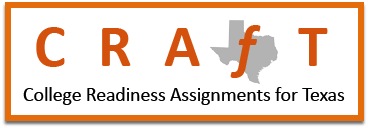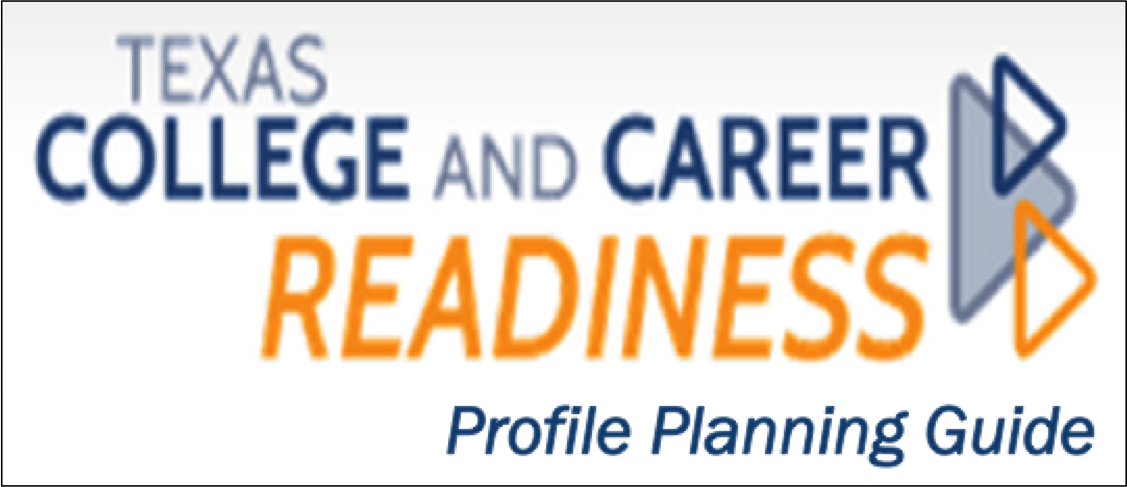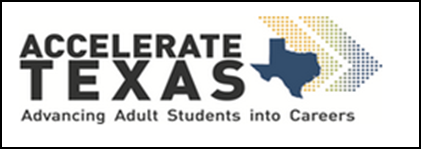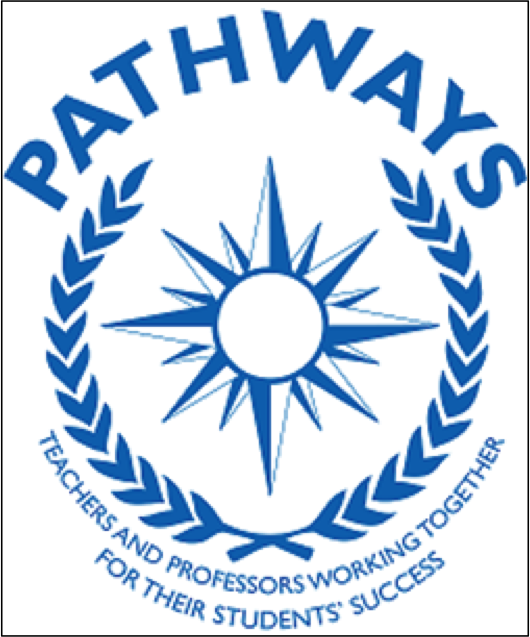Project GRAD Houston Closes Graduation Gaps
June 2015 | Houston, Texas
BY: Ann B. Stiles and Amy Williams
Project GRAD Houston (GRAD) works with students beginning in high school to promote college and career readiness, college access, and college success across the Houston area. The program does this by partnering with K-12, Community, and Institutions of Higher Education (IHE). In addition, Project GRAD Houston accepts donations and fee-for-service contracts. GRAD’s work has succeeded in bridging the gaps in many college readiness areas. Below is a recent interview with President and CEO of Project GRAD, Ann Stiles:
![]() What institutions have partnerships with Project GRAD Houston?
What institutions have partnerships with Project GRAD Houston?
![]() What type of students does Project GRAD look for and can students who are interested apply on their own?
What type of students does Project GRAD look for and can students who are interested apply on their own?
![]() What when GRAD Scholars reach 11th and 12th grade?
What when GRAD Scholars reach 11th and 12th grade?
![]() What gaps has Project GRAD Houston bridged?
What gaps has Project GRAD Houston bridged?
![]() Where do you see Project GRAD Houston heading in the future?
Where do you see Project GRAD Houston heading in the future?
![]() Get Involved
Get Involved
What institutions have partnerships with Project GRAD Houston?
GRAD has three different types of partnerships: K-12 Partnerships, Community Partnerships - which are GRAD CAP Sites - and Higher Education Partnerships.
|
K-12 Partnerships
Higher Education Partnerships
|
Community Partnerships |
Starting summer 2015, additional partnerships will be formed in the greater Houston area. We look forward to announcing these soon!
What type of students does Project GRAD look for and can students who are interested apply on their own?
GRAD seeks to work with all of a community’s young people, so there is not necessarily a “type” of student. Our reach is targeted to Houston-area neighborhoods where the majority of residents face economic challenges, and we work with parents as well as students.
Currently, to be eligible to participate in GRAD programming, students and families must fall into any of the following categories:
- They live in one of the communities served by GRAD. Currently the following HISD high schools are the comprehensive high schools in the existing designated communities: Jefferson Davis, Jack Yates, John Reagan, Phillis Wheatley, and Sam Houston.
- Students are enrolled at one of the above HISD high schools or at AAMA’s George I. Sanchez Charter School.
- Student or family is referred by a community-based organization that collaborates with Project GRAD. Current community partners are listed above.
- Students or families are a part of a specific initiative coordinated with GRAD (as with Aldine ISD student participation in College Institutes).
We do not select the most high achieving students, or students who meet specific thresholds academically. Rather, we hope to reach everyone in these communities, regardless of where they are actually attending school.
What happens when GRAD Scholars reach 11th and 12th grade?
GRAD works with students throughout high school. Students typically complete College Institutes the summer after their 9th, 10th, and 11th grade years, and so a GRAD Scholar’s junior year is spent working to complete scholarship applications and prepare for the college application process. Senior year is spent helping them apply to college and complete their financial aid applications. Following high school graduation, students stay connected through a one-day College Transition Conference and text-based systems (currently being piloted this summer).
What gaps has Project GRAD Houston bridged?
Project GRAD has focused on closing the gaps in three different arenas:
- Aspirations /Access gap: Students and their families often perceive college as somebody else’s world. Through GRAD’s support and work with students and families GRAD is able to help them bridge the aspiration-access divide.
- Awareness gap: Our career exploration and Workforce Solutions collaborations provide region-specific awareness for employment in high demand fields linked to information on the required educational attainment. This information is important for both students and their families.
- Experience gap: College Institutes have become an essential experience in helping first-generation students develop a first-hand understanding of what “college” can mean and how they can participate in it. Also, through coaching and volunteer mentors, students access a trusted voice of experience when developing plans or navigating their journey.
- College Completion: GRAD follows students through of all levels of postsecondary certification or degree completion and our Scholars in college are persisting or completing at rates that are triple the success of their peers.
Our research tells us that students will point to a person and their relationship with that individual as making a significant contribution to their ability to stay on track or to get past a specific barrier. GRAD might fill this role directly or indirectly, which is why our partnerships within a college or university can be so important. We want to connect students and families to the resources they need when they need them.
Where do you see Project GRAD Houston heading in the future?
GRAD is heading in multiple directions in the near future, and they all have the common goal of fostering college readiness and college success in students.
- GRAD’s network of collaborating partners is growing, as is the importance of educational attainment – and we see an opportunity to serve greater numbers of students and expand our reach to more Houston-area communities through coordinated efforts with the Houston Public Library, the YMCA, and Workforce Solutions. Our increased emphasis on careers in this region and how to be ready for these opportunities – this includes the education needed to access a field of interest as well as the need to develop personal strengths (often referred to as soft skills). We are bringing more of this into all of our coaching and programming.
- JPMorgan Chase has funded the expansion of GRAD College Institute programming for 2015 with a focus on high demand energy careers requiring postsecondary education, but less than a bachelor’s degree. We will serve 1,000 high school students this summer, working with Houston, Lone Star, and San Jacinto Community Colleges. Workforce Solutions and significant industry partners are engaged in this effort. We will continue this into 2016, with even greater industry involvement.
- We plan to expand this idea with a similar scope of work focused on the healthcare industry. UT Health Science Center and HCC are already involved in piloting some programming that will help in developing a larger program for 2016.
- We want to continue to strengthen the collaborations with our Houston-area colleges and universities. GRAD AmerCorps Coaches are available to be present on campus and connect GRAD Scholars to campus-based resources. We see an opportunity to better align our work with each institution to increase student success. We also would like to help bring information and resources from the college and university into the communities where we work.
Project GRAD Houston has volunteer engagement opportunities for those who are interested in being a part of college and career readiness in the greater Houston area:
- College and Career speakers at Summer College Institutes serving high school students, or Summer College Transition Conferences serving students between high school graduation and college enrollment.
- Mentors (via text) for new college freshman
- Community-based events occurring throughout the school year related to college access and college readiness.


 Show Printable Version
Show Printable Version




